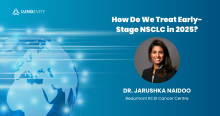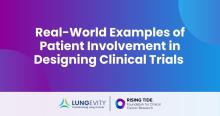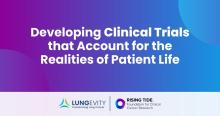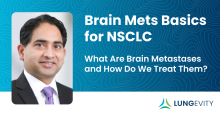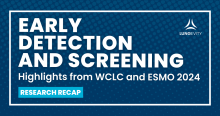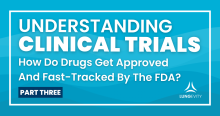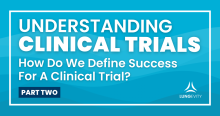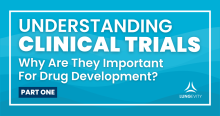What Should Patients Know About Lung Cancer Surgery?
Surgery is a treatment option for early-stage lung cancer that involves removing all or part of a lung to treat a cancerous tumor. It is primarily an option for people with non-small cell lung cancer (NSCLC) staged at I, II, or IIIA. Surgery is rarely considered for tumors at stage IIIB or IV because those lung cancers have spread to other parts of the body. It is also rarely used to treat small cell lung cancer (SCLC) because SCLC is typically diagnosed at a later stage. Types of Lung Cancer Surgery Once the medical team decides someone’s lung cancer is resectable (able to be removed by


